 The Literacy Council staff attended a presentation on Jan. 27 by the Anti-Defamation League. The organization was founded in 1913 “to stop the defamation of the Jewish people and to secure justice and fair treatment to all.” Now the nation’s premier civil rights/human relations agency, ADL fights anti-Semitism and all forms of bigotry, defends democratic ideals and protects civil rights for all.
The Literacy Council staff attended a presentation on Jan. 27 by the Anti-Defamation League. The organization was founded in 1913 “to stop the defamation of the Jewish people and to secure justice and fair treatment to all.” Now the nation’s premier civil rights/human relations agency, ADL fights anti-Semitism and all forms of bigotry, defends democratic ideals and protects civil rights for all.
The Anti-Defamation League, Buncombe County’s Sheriff Van Duncan, and Asheville’s Chief of Police Tammy Hooper provided information at the meeting about how to a) report an anti-Semitic, racist or bigoted incident and receive victim support and b) educate children at school and home to reject bias.
Please use these resources with your Literacy Council students, at home, and in the community.
Reporting an Incident & Seeking Victim Support
If one of your students or someone you know is the victim of a hate incident, these resources will help them report the incident and receive victim support.
First, in addition to hate crimes, “racial intimidation” (unprovoked hate speech aimed at intimidation, including racial slurs) is also prosecutable offense that should be reported to law enforcement. It is best reported by the victim, but can be reported by a witness.
- In an emergency, always call 911
- For non-emergencies in Asheville city limits, report to: 828-252-1110 (any language)
- For non-emergencies in Buncombe County, report to: 828-250-6670 (English) or 828-250-4542 (Spanish)
Additionally, any form of hate incident should be reported to the Anti-Defamation League, who reports data on hate incidents nationally and regionally. They will provide optional support to victims who report hate incidents.
- Click here or call 212-885-7700 to report an incident with ADL and receive victim support
- Click here if you would like to also report the incident to the Southern Poverty Law Center to aid in their work monitoring incidents in our region
Educating Children to Reject Bias
The Anti-Defamation League has online resources for educators, parents, and caregivers to teach children and youth to reject bias and embrace diversity.
K-12 Educators and Administrators
The anti-bias curriculum helps students develop an understanding of diverse perspectives, strengthen critical thinking skills, challenge the development of emerging biases, and build skills and motivation to take action against injustice. Resources include:
- lesson plans on current events (ex: the Presidential inauguration, “fake news,” and cyberbullying),
- essays from other teachers nationwide on anti-bias education in practice , and
- classroom tips and strategies
Parents and Caregivers
These resources help parents and caregivers “create a home life that recognizes the diversity of our world, addresses bullying, opposes bias, and in small and large ways, challenges those injustices.” Resources include:
- anti-bias tools and strategies, such as pointers for how to challenge biased language
- Table Talk: topics to launch family conversations about current events
- Books Matter: a list of books about bias, diversity, and social justice



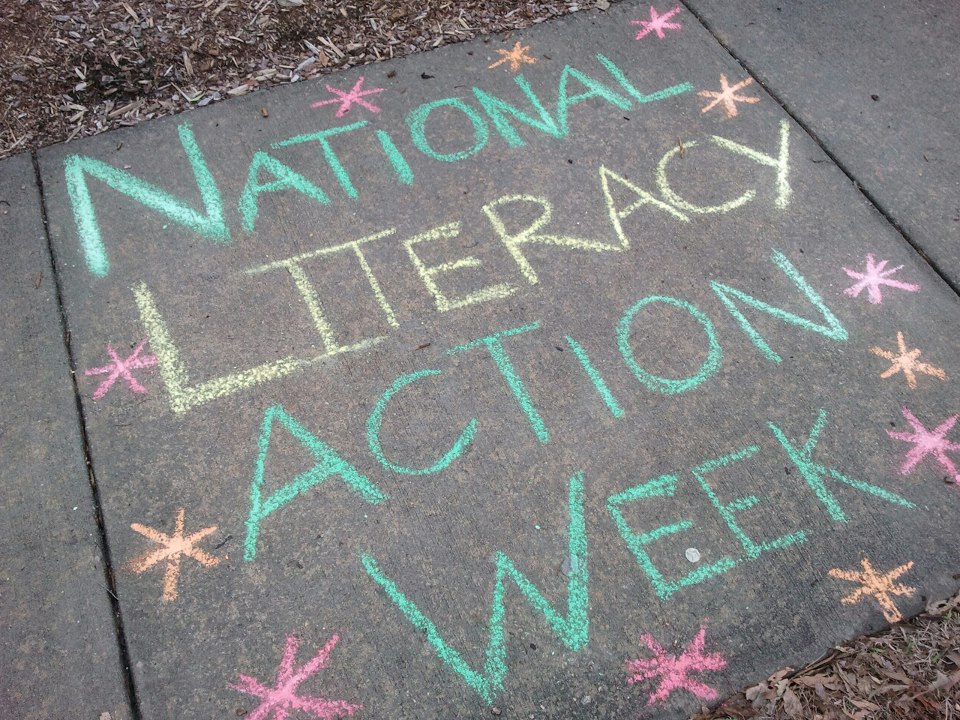
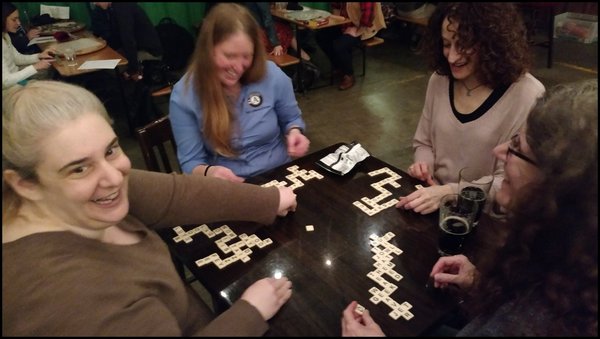
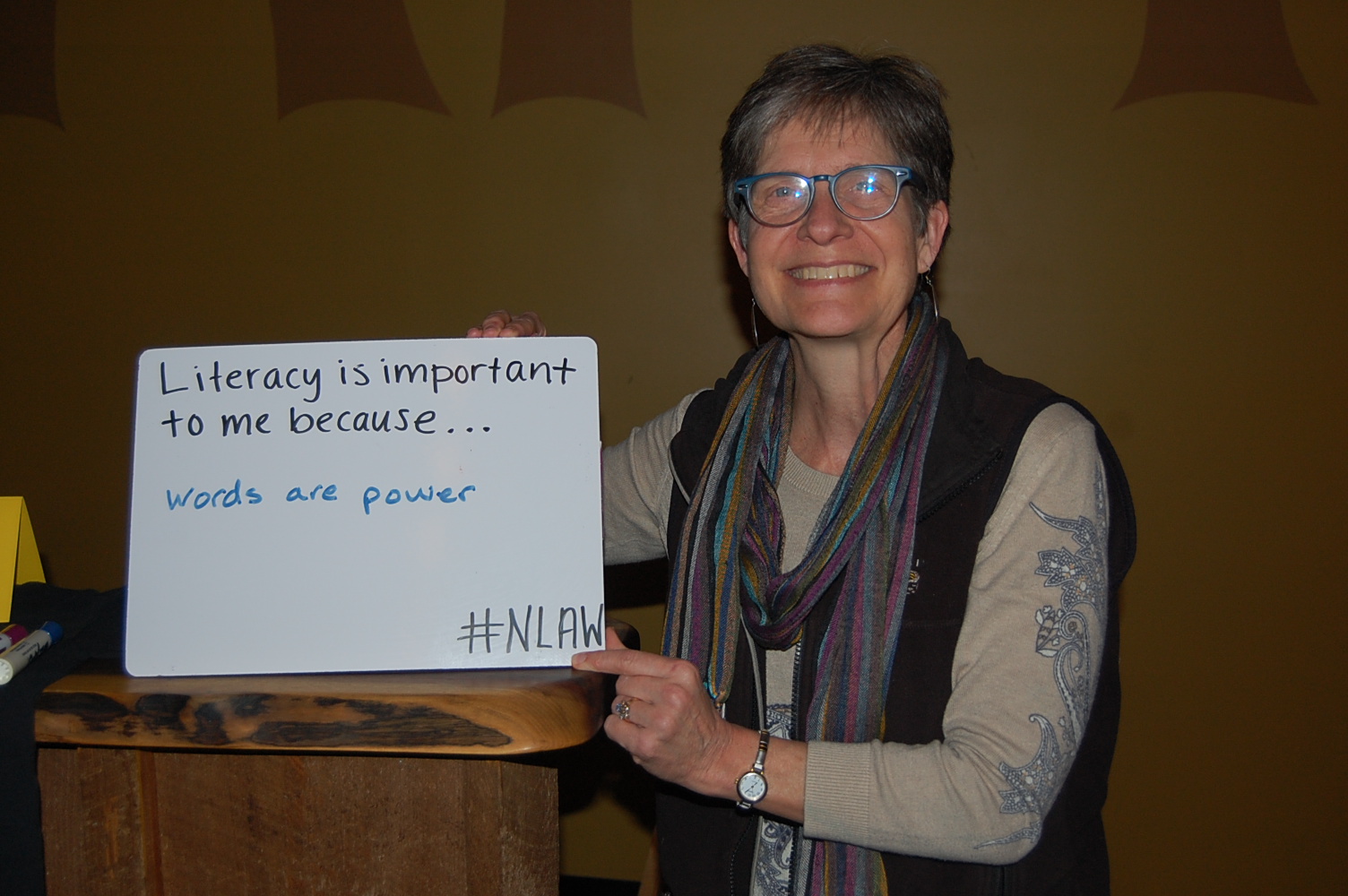 The Student Coalition for Action in Literacy Education (SCALE) collected responses like the one pictured as part of a social media campaign for National Literacy Action Week. Individuals could submit their pictures for a chance to win a free t-shirt and other prizes over the course of the week. SCALE also offered two free webinars: “Why Literacy Matters” and “Race Based Conversations with Kids Matter”.
The Student Coalition for Action in Literacy Education (SCALE) collected responses like the one pictured as part of a social media campaign for National Literacy Action Week. Individuals could submit their pictures for a chance to win a free t-shirt and other prizes over the course of the week. SCALE also offered two free webinars: “Why Literacy Matters” and “Race Based Conversations with Kids Matter”.

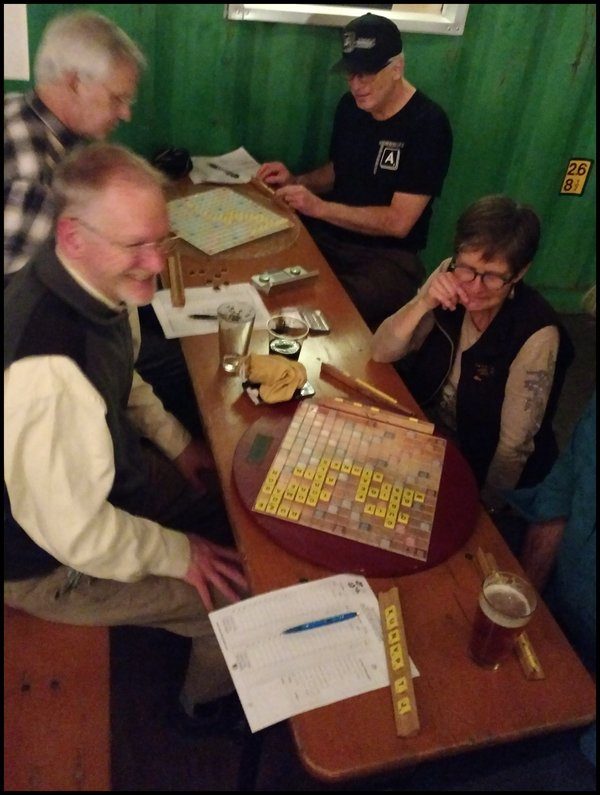
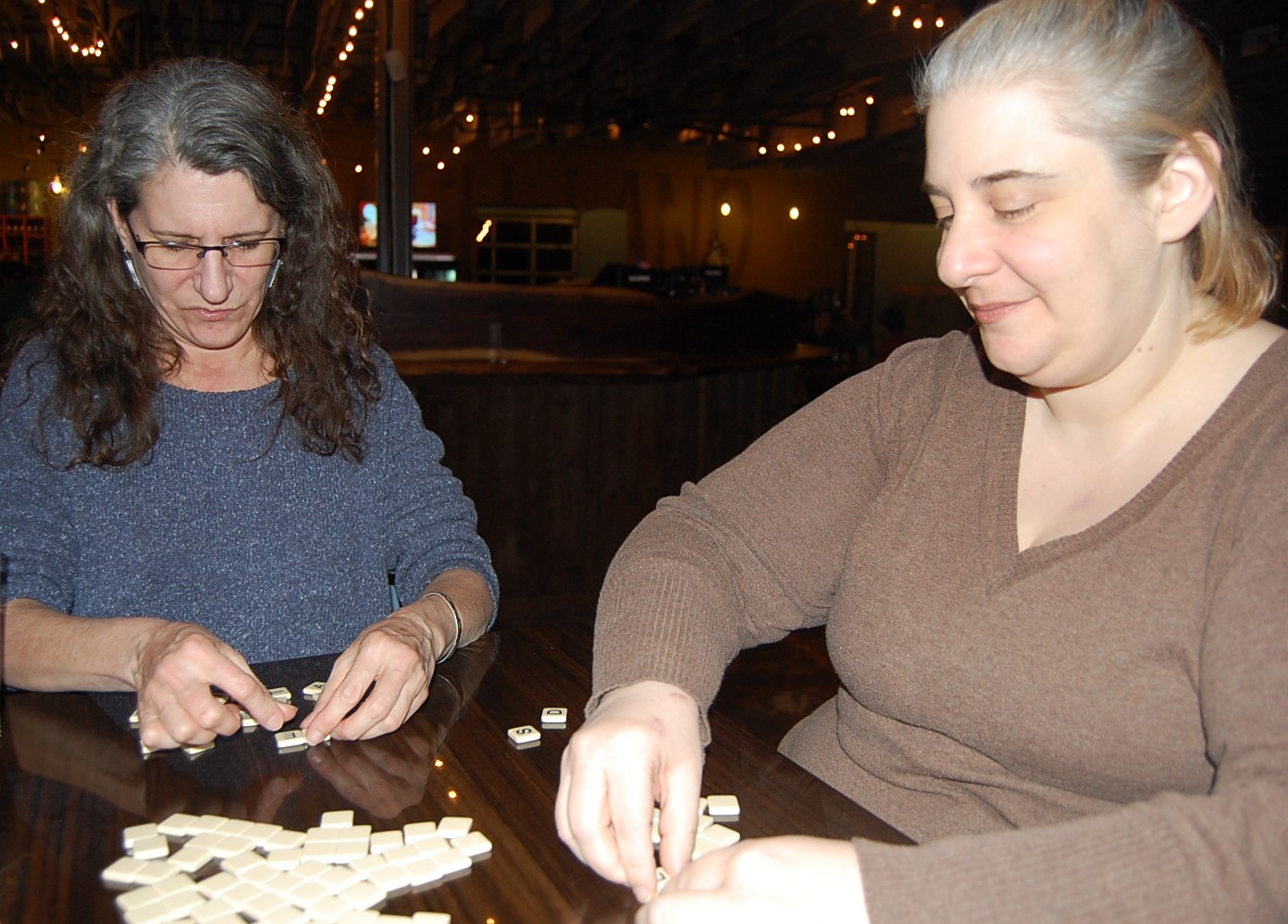

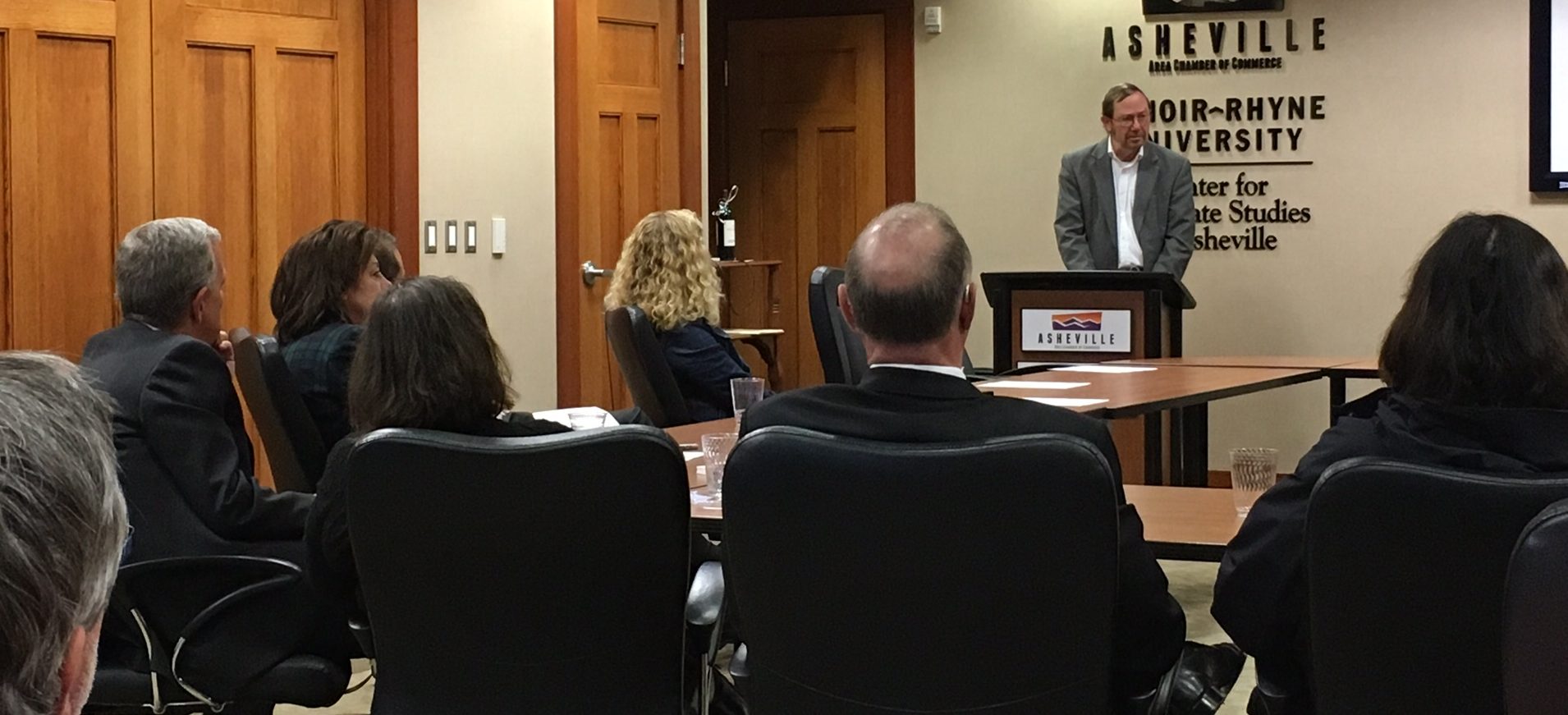

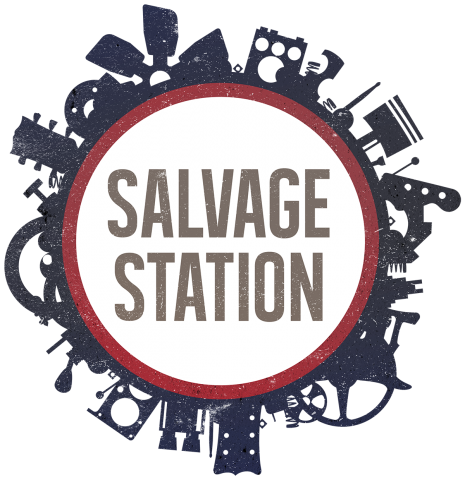 The 26th Annual Spelling Bee benefiting the Literacy Council of Buncombe County will be held Wednesday April 5, 2017 at
The 26th Annual Spelling Bee benefiting the Literacy Council of Buncombe County will be held Wednesday April 5, 2017 at